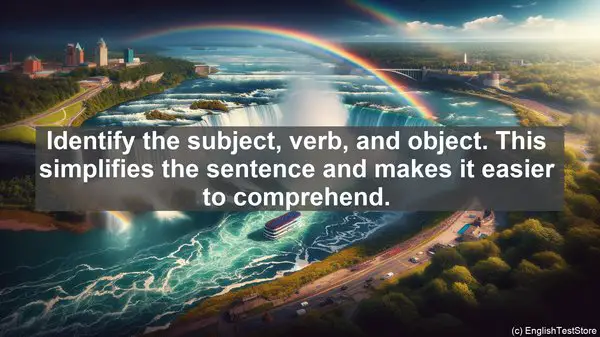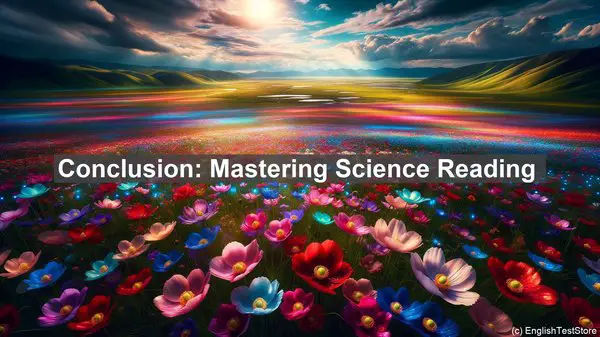Introduction: The Challenge of Reading Science Material
Hello students! Reading science material in English can be challenging, but with the right strategies, it becomes much easier. In this video, I’ll share 10 strategies that will help you navigate and understand scientific texts more effectively.
1. Skim the Text First
Before diving into a scientific article, skim through it quickly. Read the headings, subheadings, and the first and last sentences of each paragraph. This gives you an overview of the content and helps you anticipate what’s coming.
2. Pay Attention to Text Structure
Scientific texts often follow a specific structure, such as Introduction, Methods, Results, and Conclusion. Understanding this structure helps you locate information quickly and grasp the main points of the study.

3. Highlight Key Terms
As you read, use a highlighter or underline important terms. These could be scientific concepts, technical jargon, or keywords that indicate the main idea. This not only helps with comprehension but also makes it easier to review later.
4. Take Notes in Your Own Words
Instead of copying entire sentences, try to summarize the information in your own words. This forces you to process the content and ensures that you understand it. It also helps with retention and later recall.
5. Use Context Clues for Vocabulary
Encountering unfamiliar words is common when reading science material. Instead of reaching for the dictionary every time, try to understand the meaning from the context. Look for clues in the surrounding sentences or paragraphs.
6. Make Connections to Prior Knowledge
Science is a vast web of interconnected ideas. Whenever you read something new, try to relate it to what you already know. This not only aids understanding but also helps you see the bigger picture and make meaningful connections.
7. Break Down Complex Sentences
Scientific sentences can be long and convoluted. If you come across a complex sentence, break it down into smaller parts. Identify the subject, verb, and object. This simplifies the sentence and makes it easier to comprehend.
8. Visualize the Concepts
Many scientific concepts can be visualized. If you’re having trouble understanding something, try to create a mental image or sketch it out. Visual representations often make abstract ideas more concrete and easier to grasp.
9. Discuss and Debate with Peers
Engaging in discussions about scientific topics with your peers can deepen your understanding. It exposes you to different perspectives and challenges your own thinking. Plus, explaining concepts to others helps solidify your own knowledge.

10. Review and Reflect
After reading a scientific text, take some time to review and reflect. Ask yourself questions about the main points, the evidence presented, and the implications. This not only reinforces your learning but also helps you think critically about the material.
